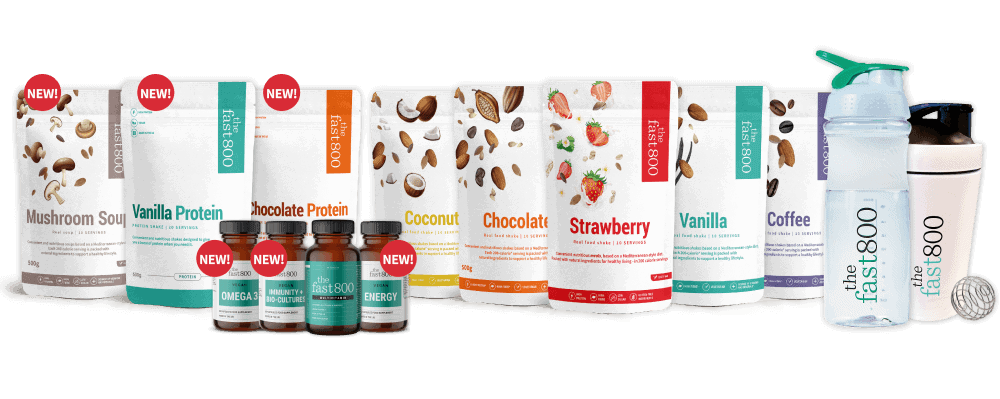What is Fibre? Why It’s Important and How to Boost Your Intake
What is Fibre?
Fibre consists of indigestible carbohydrates present in the cell walls of fruits, vegetables and whole grains. It promotes faster gut mobility, which helps microbial formation of short-chain fatty acids. These, in turn, have the potential to counter obesity and type 2 diabetes by acting against inflammation, as well as protecting against cancer. These findings were recognised in a study by The University of Otago, in New Zealand, very recently in 2020. Although the study found that increased fibre can increase life expectancy, it was also recognised that eating processed foods may remove these benefits.
Soluble and insoluble fibre
There are two type of dietary fibre, soluble and insoluble. Soluble fibre dissolves in water whereas insoluble doesn’t, yet both have great benefits. Additionally, soluble fibre aids digestion and helps to reduce blood sugar levels, which can assist in reducing the risk of insulin resistance and type 2 diabetes. Insoluble fibre also helps to reduce the risk of type 2 diabetes and promotes bowel regularity by adding water to stools, preventing constipation.1
A diet rich in both types is desirable for optimal health and immunity. Additionally, research has recognised that increasing dietary fibre in obese individuals can play a role in reversing metabolic syndrome and cardiovascular disease.2
All of The Fast 800 recipes boast an impressive amount of fibre, protein and healthy fats and the meal plans on the online programme have even further benefits. The meal plans have been developed with fibre in mind to ensure your daily nutritional goals are met and as a result, taking the need for any of your own calculations away.
Ways to boost your fibre intake
The Mediterranean-style diet is a great place to start. Time and time again, science has recognised the Med-style diet to be one of the healthiest in the world. The food is naturally high in fibre meaning you’ll have little to worry about, if following this way of eating.
However, if you’re looking to improve your dietary fibre intake, ensure you incorporate some of these “superfoods” into your unprocessed, Mediterranean-style diet.
Fruit
Pears
6 grams in a medium-sized pear
Apples
4 grams in a medium-sized apple
Strawberries
3 grams in one cup, or 2 grams per 100 grams
Raspberries
One cup contains 8 grams of fibre
Avocado
10 grams in a cup
Vegetables
Carrots
3.6 grams in one cup
Artichoke
10 grams in one artichoke
Broccoli, Brussels sprouts, kale and spinach are also excellent choices.
Legumes
Lentils
16 grams per cup of cooked lentils
Kidney Beans
13 grams per cup of cooked beans
Chickpeas
13 grams per cup of cooked chickpeas
Other legumes include black beans and lima beans, as well as pinto beans.
Grains
Quinoa
5 grams per cup of cooked quinoa
Oats
17 grams per cup of raw oats
Wholemeal bread
2g per slice
Nuts and Seeds
Chia Seeds
5g per tbsp
Almonds
2.1g per 25g serving
Also pistachios, walnuts, sunflower seeds and pumpkin seeds.
Other sources
Dark Chocolate
3 grams in a 1-ounce piece
Popcorn
1 gram per cup of air-popped popcorn
Lattimer JM, Haub MD. Effects of dietary fiber and its components on metabolic health. Nutrients. 2010;2(12):1266-1289. doi:10.3390/nu2121266
Papathanasopoulos A, Camilleri M. Dietary fiber supplements: effects in obesity and metabolic syndrome and relationship to gastrointestinal functions. Gastroenterology. 2010;138(1):65-72.e722. doi:10.1053/j.gastro.2009.11.045









